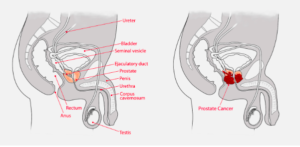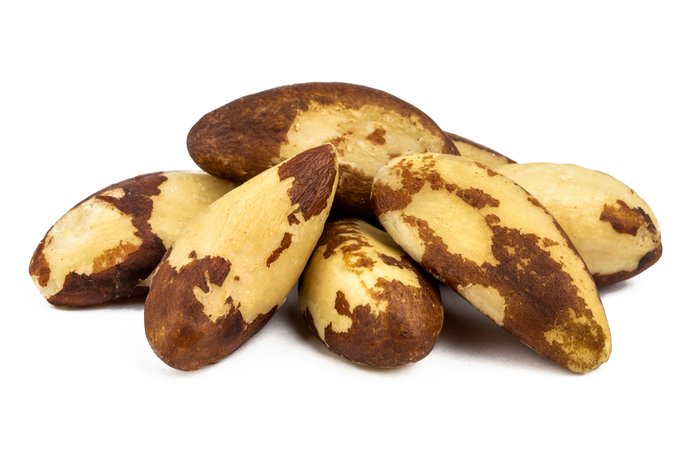Just get tested!
Ok so I’m gonna lay it out cold here; Prostate cancer affects one in every five men in their lifetime. That means if it’s not you, then it’s highly likely it’s your dad, grandpa, brother or uncle. There are 20,000 cases diagnosed each year and about 3,300 men will die from it in the next 12 months. The fact is, prostate cancer will affect you or someone close to you. The fact is, early detection can save a life. Get yourself checked… book it in today! Make your husband, dad, grandpa, brother or uncle get themselves checked. Pester them, badger them…hell… book it for them if you have to.
FAQs:
What is the prostate?
The prostate is a small gland about the size of a golf ball. It is found only in men. It sits just below the bladder and surrounds part of the urethra. The prostate produces some of the fluid that makes up semen. The growth of the prostate depends on the male sex hormone, testosterone, which is made by the testes.
 Who does it affect?
Who does it affect?
It’s important to note that any man can develop prostate cancer, though certain risk factors that have been linked with an increased risk of developing Prostate Cancer including:
- Family history of prostate cancer
- Age – men over the age of 50 years
- Diet – a diet high in animal fat and protein
- Race – Afro-Caribbean men are more at risk of having Prostate Cancer than Asian men
What are the symptoms?
The tricky part is that in the early stages of prostate cancer there are usually no symptoms at all!!
This is why getting regular testing is so essential
It’s only down the line when cancer is in its later stages that you may notice burning when you urinate, blood in your urine, or pain in the lower back, hips or upper thigh.
How is prostate cancer diagnosed?
Your GP will usually complete the following tests to diagnose and;
Blood test: to measure levels of prostate-specific antigens (PSA) in the blood.
Digital rectal examination (DRE): where the doctor places a finger inside the rectum, or back passage, to check for changes to the surface of the prostate
Other scans may also be used to further clarify the stage of the disease and determine the best treatment course including; Biopsy Bone scan, Computerised tomography (CT) scan, Magnetic resonance imaging (MRI)
Is exercise beneficial?
In short…. Absolutely yes!! For three main reasons;
- Prevention. Studies have documented that regular vigorous physical exercise can help to prevent all cancers, including prostate cancer (though the exact reason for this is not yet perfectly understood).
- Post therapy. Certain medical treatments of prostate cancer involve shrinking the prostate by suppressing testosterone levels. As a side effect of this, patients can often experience a loss in muscle and bone mass, weight gain, cognitive impairment and increased risk of cardiovascular disease and type 2 diabetes. Exercise can help to reduce all of these side effects and has also been proven to increase cancer survival rates by as much as 49%!!
- Post Surgery. During surgical removal of the prostate, it is not uncommon for men to develop urinary incontinence and sexual dysfunction issues. A specific exercise program can be extremely beneficial in improving incontinence.
If you would like to know more, visit https://www.ejwhittenfoundation.com.au/mens-health/prostate-cancer/ or book in with your GP to discuss it with them.
